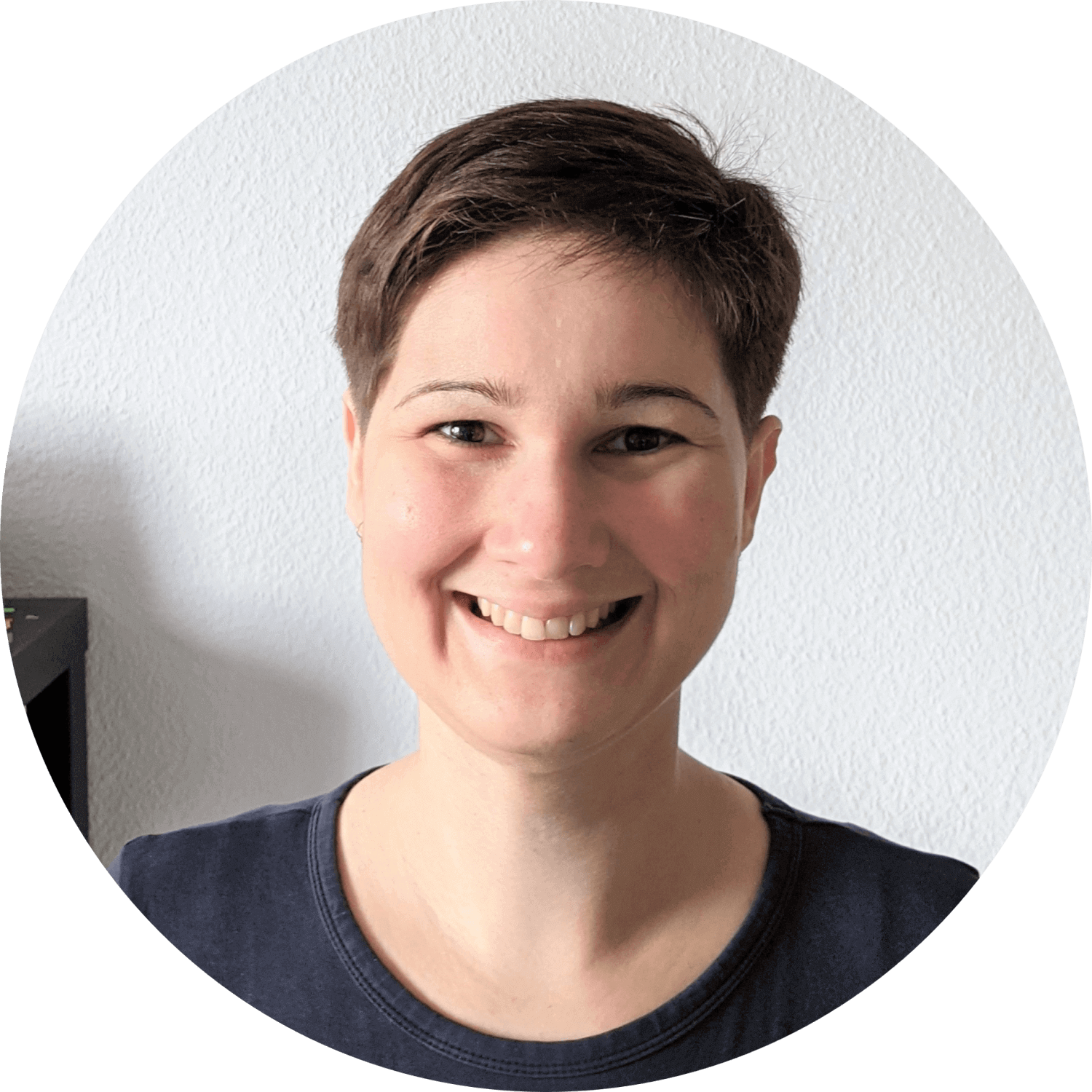Discourse Analysis Using MAXQDA’s Visual Tools
Wednesday, 28 February
20242pm-5pm
English
80,00 € reduced
students/doctoral candidatesOverview
The aim of this workshop is to introduce you to essential features for coducting discourse analysis with MAXQDA. We will start with a short overview of various approaches to discourse analysis and then explore how the software can offer a valuable support thoughout different phases of a research project. We will discuss aspects of data organization, how to import your corpora in MAXQDA and set up your project. Subsequently we will talk about the process of coding: What does coding entail in the context of discourse analysis? What should be considered when designing a code system for a discourse analysis? What constitutes suitable units of codes? Additionally, we will delve into the practice of annotating the text with memos, reflecting on the research process as it unfolds. A pivotal aspect of discourse analysis involves recognizing discursive rules that underlie the formulation of statements and observing, how these patterns change over time. Visual tools are a particularly potent in revealing such structures. In the second half the workshop, we will talk about visualising our coded data in order to find emerging themes and trends.
Content
In this workshop we will focus on the following features to visualize discursive formations: Coding, Word Cloud and Code Cloud; Word Trends; MAXMaps; Code Matrix Browser; Code Comparison
For Whom
For anyone who is interested to learn how to perform a discourse analysis with MAXQDA.
Requirements
This workshop will focus on MAXQDA features. In order to participate in the discussions it is helpful to have an understanding of what a discourse analysis entails and how the interface of MAXQDA is structured. Please familiarize yourself with MAXQDA beforehand, for example by taking a look at the “Getting Started Guide”.
Laptop
Please bring your own laptop (Windows or MAC) with the most current version of MAXQDA already installed. The free trial version is sufficient for the workshop. Please notice the system requirements.
About the Trainer

Tamara Pataki, is a MAXQDA trainer at Verbi Software, and a PhD student at the Central European University in Vienna. She studied History and Political Science at the Free University Berlin. She has been teaching researchers how to use MAXQDA and consulting in various projects for three years. Her research interests include international political economy and knowledge production processes in international organizations.